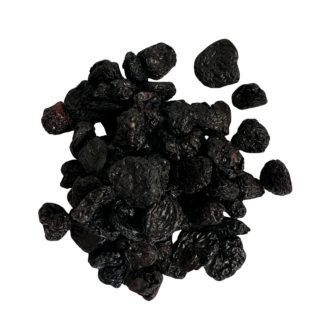Description
Almonds:
Almonds are almonds that are grown without the use of synthetic pesticides, herbicides, or fertilizers. Instead, they are cultivated using natural methods that emphasize soil health, biodiversity, and sustainability. The organic farming practices avoid genetically modified organisms (GMOs) and rely on crop rotation, composting, and the use of organic-certified materials. These almonds are often grown in more environmentally friendly conditions, which support healthier ecosystems and reduce pollution.
Benefits:
- Free from Harmful Chemicals: Organic almonds are grown without synthetic pesticides or herbicides, reducing the exposure to harmful chemicals that may remain on non-organic almonds. This makes them a safer choice for both consumers and the environment.
- Rich in Nutrients: Almonds, whether organic or conventional, are a great source of healthy fats, fiber, protein, vitamins (like vitamin E and B vitamins), and minerals (such as magnesium, calcium, and potassium). These nutrients support overall health, especially heart and bone health.
- Better for the Environment: Organic farming practices help promote biodiversity, reduce pollution, and enhance soil quality. By avoiding synthetic chemicals, organic almond farming supports cleaner water and soil and uses fewer harmful inputs that can damage the environment.
- Supports Sustainable Farming: Organic farming encourages sustainable agricultural practices such as crop rotation and the use of organic fertilizers, which help maintain the health of the soil and promote long-term ecological balance.

















Usman Ali –
Really fresh and crunchy almonds, I genuinely enjoyed them.